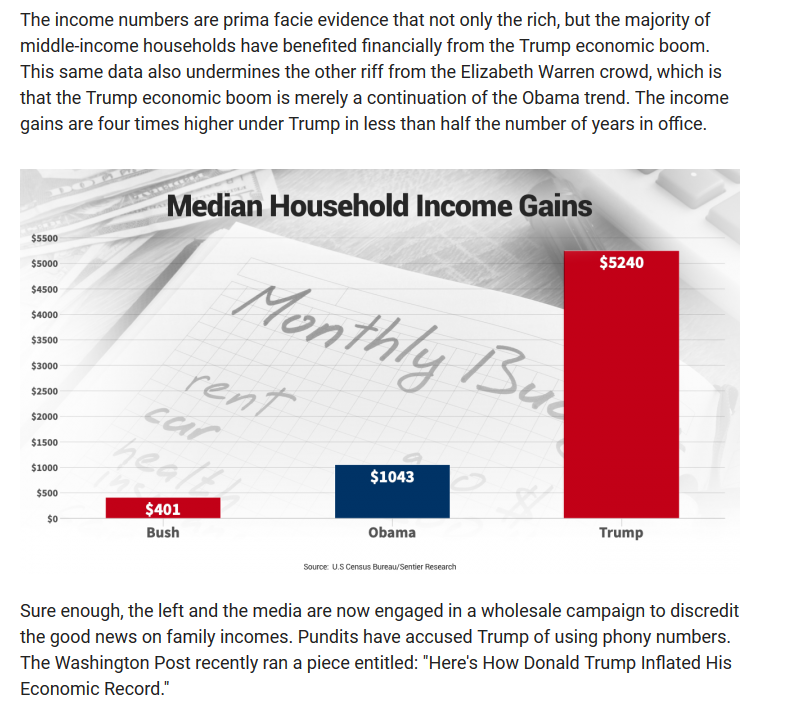I think we all admire people who are able to turn a difficult situation into something enjoyable. The good news story of the week illustrates that principle.
Yesterday Steven Hayward posted an article at Power Line Blog that illustrates one aspect of the coronavirus lock-down that most of us had not considered.
The article reports:
But no, by far the the best stand-up-and-cheer-for-‘Murica story this week is “Team Allegedly Sets New ‘Cannonball Run’ Record on Empty Highways During Coronavirus Lockdown.” Now that’s making the best of the bad situation, American-style! Me, I’m getting three weeks to the gallon on my car right now, and so admire and envy the lust for speed on the open road.
But it sets me to wondering whether the American economy will put the pedal to the metal when the lockdown ends, such that we’ll experience an economic Cannonball Run. We’re in uncharted territory, but unfortunately I wouldn’t bet big on a big boom coming out the other side.
Let’s consider one tiny bit of microeconomic data, and one bit of lagging macroeconomic data, that ought to make us worry. The microeconomic data is my own monthly credit card statement. For the first time in my life, I’m looking forward to getting my monthly credit card statement later this month. I’ve been too busy to check online, but I expect I’ll have a credit balance for the first time ever, on account of all the plane fights and hotel rooms I’ve had canceled and refunded over the last month, on top of the restaurant meals I’m not having and other retail purchases. I’m not even buying many books at the moment, since Amazon and other online sellers are delaying book shipments in favor of more urgent items (though for me, what could be more urgent than another book?).
Unfortunately the article ends on a discouraging note:
The point is, even if 80 percent of the pre-crisis economy comes back by mid-summer, you’re still looking at a major recession, if not a near depression. Mauldin, by the way, has been predicting for the last couple years that a recession would see the federal budget deficit soar to $2 trillion. Now that would be regarded as “the good old days.” This year’s federal budget deficit is more likely to be over $4 trillion. And that may be optimistic.
I am hoping he is wrong. What we may see is a slingshot effect–people who have been holding on to their money because of uncertainty may feel comfortable spending some of what they have been holding on to. There will also be the desire to get out of the house–go anywhere! The American economy is consumer driven. If the consumers come out of hiding when the lock-down ends, I believe the economy will recover by the fall. I am also hopeful that various areas of the economy will begin to open up in the very near future. A lot of what has gone on under this pandemic is illegal under the U.S. Constitution. The thing I fear more than an economic downturn is the precedents that are being set that may pave the way for limiting the God-given rights of Americans.



